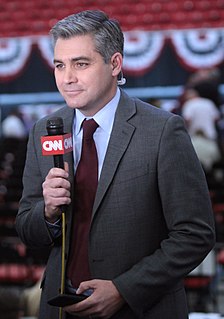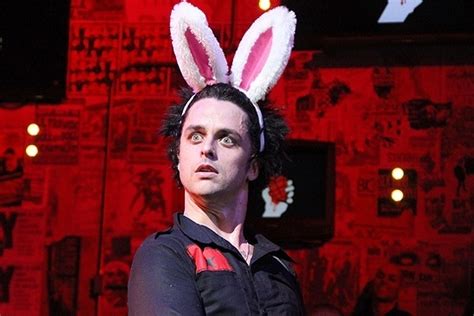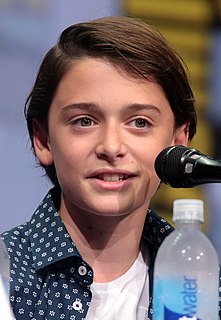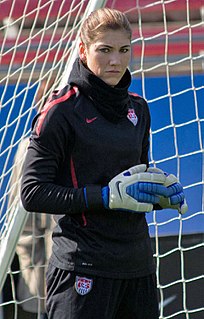A Quote by Antonio Garcia Martinez
I was at Facebook in 2012, during the previous presidential race. The fact that Facebook could easily throw the election by selectively showing a Get Out the Vote reminder in certain counties of a swing state, for example, was a running joke.
Related Quotes
If you'd come to me in 2012, when the last presidential election was raging and we were cooking up ever more complicated ways to monetize Facebook data, and told me that Russian agents in the Kremlin's employ would be buying Facebook ads to subvert American democracy, I'd have asked where your tin-foil hat was.
The 2012 presidential campaign's turn away from the classic, straight-up, American election - where the candidate who gets the most votes nationwide wins - is another sad reminder of the extreme political polarization distorting today's politics. No one talks about a 50-state strategy for winning the presidency these days.
We could not have launched Causes without Facebook Platform, providing real identity and real friends. Facebook Platform was created so that experiences that are inherently social in our off-line lives could be brought online as an authentic expression of who we are; Facebook did this best in revolutionizing photo sharing.































